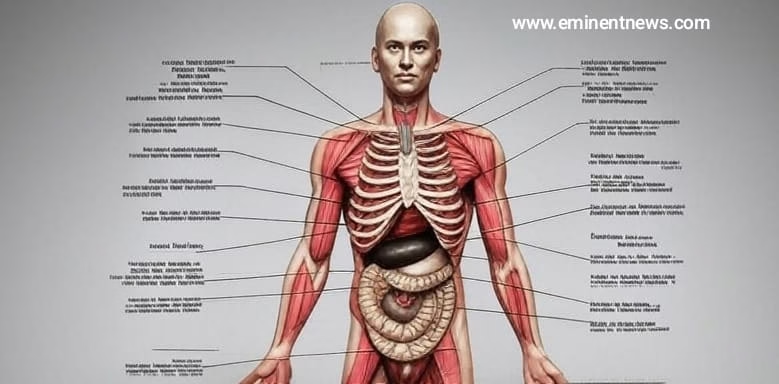In March 2025, Telangana adopted the central government’s THOTA, linking it to NOTTO and ROTTO to facilitate organ transplantation . This allows grandparents to donate organs to grandchildren in certain genetic disorder cases .
The Human Organ Transplant Act, also known as the Transplantation of Human Organs Act (THOA), is legislation designed to regulate the removal, storage, and transplantation of human organs and tissues for therapeutic purposes . It aims to prevent commercial dealings in human organs and establish a legal framework for organ donation and transplantation .
Key Features and Objectives:
- Regulation: Provides a system to regulate the removal, storage, and transplantation of human organs and tissues .
- Prevention of Commercialization: Prevents commercial dealings in human organs .
- Legal Framework: Establishes legal guidelines for organ donation and transplantation processes .
- Brain Death Recognition: Recognizes brain stem death as a legal form of death, allowing for organ donation .
- National Coordination: Aims to establish a well-organized network for organ procurement and distribution .
- Amendment and Expansion: The original act, passed in India in 1994, was amended in 2011 and expanded to include tissues, becoming the Transplantation of Human Organs and Tissues Act (THOTA) .
Key Components and Guidelines:
- Organ Donation Types: Defines the legal framework for both living and deceased organ donation .
- Authorization: Specifies who can authorize organ donation, including near relatives or individuals in lawful possession of a deceased body .
- Transplantation Process: Regulates the matching and allocation process, considering factors like blood type, organ size, waiting time, and medical urgency .
- National Registry: Mandates the maintenance of a national registry for organ donation and transplantation .
- Age Limit Removal: Removes the upper age limit of 65 years for eligibility for registration to receive deceased donor organs .
- Domicile Requirement: Eliminates the requirement of domicile in a state for registration of patients needing organ transplantation .
- Fees: Prohibits states from imposing fees on patients seeking registration for organ transplantation .
Implementation and Oversight:
- NOTTO: The National Organ & Tissue Transplant Organisation (NOTTO) was established to create a network for organ procurement and distribution and maintain a national registry .
- ROTTOs and SOTTOs: Regional and State Organ & Tissue Transplant Organizations coordinate activities at the regional and state levels .
- Data Reporting: Requires mandatory data reporting on transplant activities to NOTTO .
Recent Updates and Amendments:
- Telangana Adoption: In March 2025, Telangana adopted the central government’s THOTA, linking it to NOTTO and ROTTO to facilitate organ transplantation . This allows grandparents to donate organs to grandchildren in certain genetic disorder cases .
- Expanded Authority: The adoption of THOTA in Telangana also expanded the authority to declare brain death to include physicians, surgeons, intensivists, and anaesthetists .
- Stringent Penalties: THOTA includes stricter penalties for malpractices in organ donation, with fines up to Rs 1 crore and jail terms up to 10 years .



























